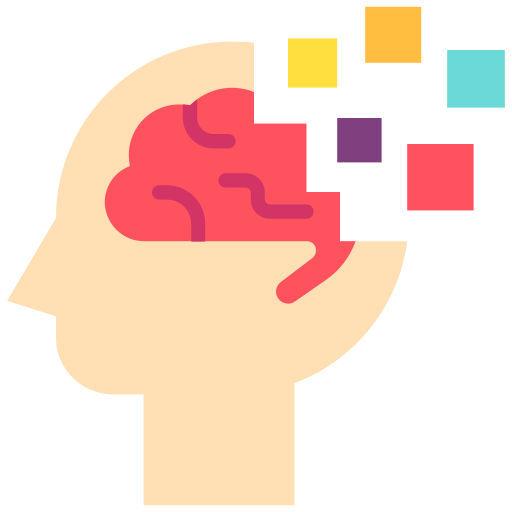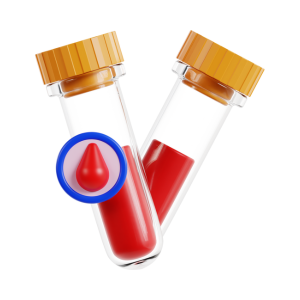


The thyroid gland, located in the front of your neck, works actively to release two important hormones: thyroxine (T4) and triiodothyronine (T3). These hormones are controlled by another hormone called thyroid stimulating hormone (TSH), which comes from the pituitary gland in your brain. As we age, there’s evidence from studies that our thyroid function tends to decrease. This decline contributes to the gradual accumulation of body fat, reduced energy levels, and fatigue commonly associated with aging.

Subclinical hypothyroidism happens when the thyroid hormone level is normal, but the TSH (thyroid-stimulating hormone) is a bit high. It’s common as people get older, especially in the elderly, and needs regular checks on thyroid function. Overt hypothyroidism means there’s a reduction in thyroid hormones. Hyperthyroidism is when there’s too much thyroid hormone, often caused by nodules or immune issues. If not treated in older folks, both high and low thyroid levels can lead to serious problems.
✦ Unexplained weight loss despite increased appetite
✦ Anxiety and irritability
✦ Uncontrolled sweating and intolerance to heat
✦ Irregular heartbeats or palpitations
✦ Fine tremors in the hands or fingers
✦ Insomnia
✦ Muscle Weakness and fatigue
✦ Diarrhoea
✦ Unexplained Weight Gain, Fatigue and Weakness
✦ Depression
✦ Cold Intolerance
✦ Memory and Concentration Issues
✦ Slow Heart Rate
✦ Facial puffiness due to fluid retention
✦ Elevated Cholesterol Levels - predisposing to coronary artery disease
✦ Constipation

As the world enters an aging era, cognitive health becomes a growing concern for the elderly population globally. Preserving memory capacity and concentration has been proven to significantly enhance the quality of life among the elderly, and thyroid function actively contributes to this. Alterations in thyroid hormone levels have been associated with changes in memory, attention, and cognitive performance. Screening for thyroid hormone dysfunction in the elderly enables early medical intervention. Properly starting thyroid hormone replacement or suppression medications for the elderly can actively reverse or delay undesired long-term cognitive impairment due to thyroid hormone dysfunction.

Regular blood tests that measure thyroid hormone levels, specifically checking TSH (thyroid-stimulating hormone), T4, and T3, offer important information about the health of the thyroid gland. Additionally, a neck ultrasound or Computer Tomography (CT) scan of the brain and neck, when used together, help the attending doctor pinpoint the initial causes of an abnormal or deranged thyroid hormone profile. By consistently monitoring, making lifestyle adjustments, and intervening medically as needed, we actively work towards preserving a balanced thyroid function. This approach promotes overall wellness and supports graceful aging.
Life Care Diagnostic Medical Centre Sdn. Bhd. 200401034597 (673106-V)
Bangsar South
WhatsApp: 0122343610
1st Floor, Wisma Lifecare,
No. 5, Jalan Kerinchi, Bangsar South,
59200 Kuala Lumpur
Cheras South
WhatsApp: 01127213620
19A-2 & 19B-2, Block E, Kompleks Komersil Akasa,
Jalan Akasa, Akasa Cheras Selatan,
43300 Seri Kembangan, Selangor
Operating Hour:
Monday – Friday: 8.00am – 5.00pm
Saturday: 8.00am – 1.00pm
Sunday & Public Holidays: Closed

